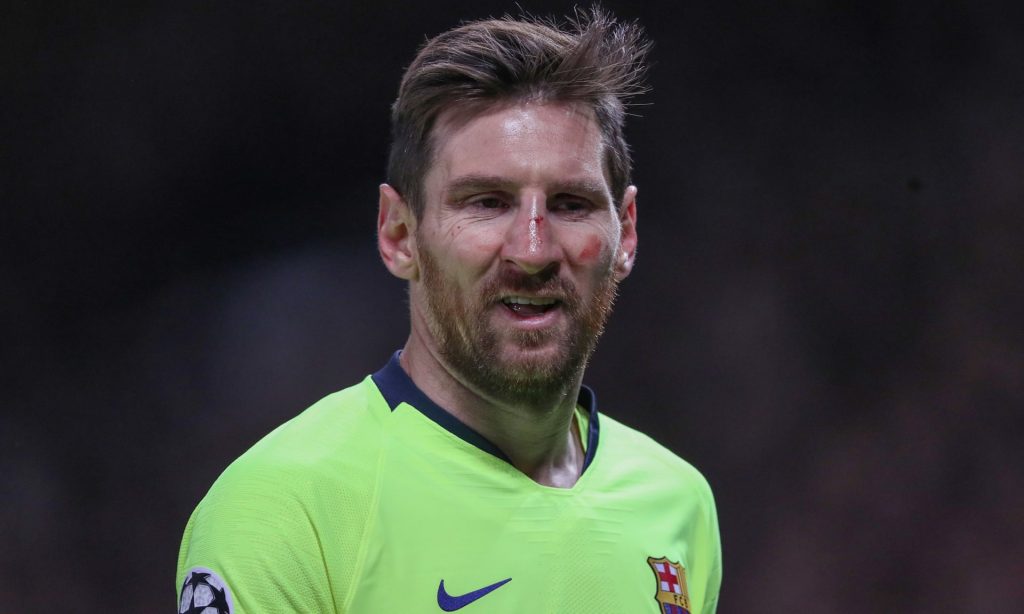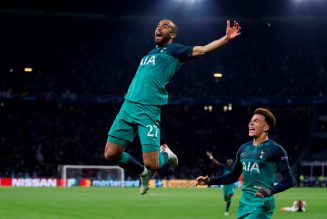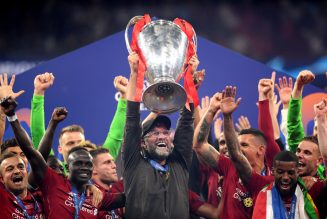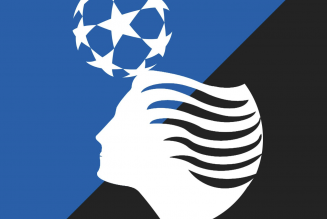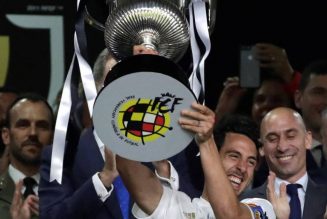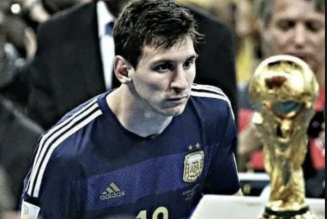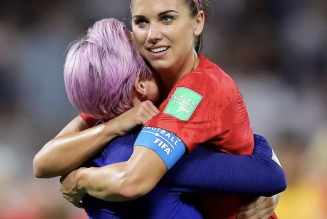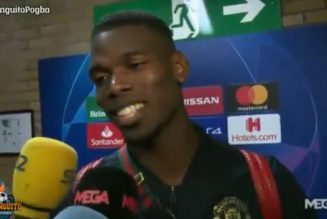It is possible that people have first noticed the scars of Messi’s battle: the slightly swollen nose, or the faint trace of a bruise, that blooms around his left eye. Or he could have realized that the rest of the characteristics of the Argentine were much more worrying: Messi’s forehead was puckered. His face frowned.
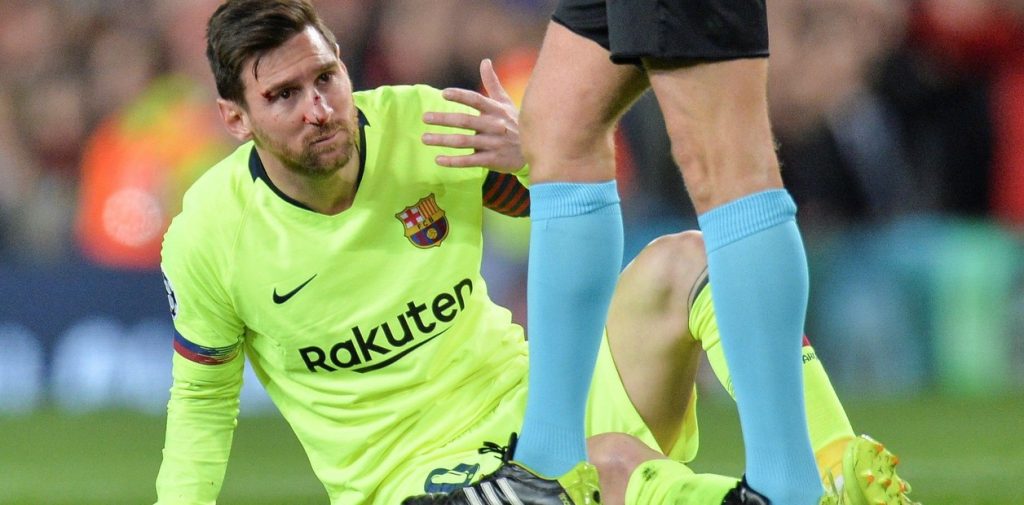
Barcelona’s captain Lionel Messi is injured with blood on his face during the UEFA Champions League Quarter-Final first leg match between Manchester United and FC Barcelona at Old Trafford in Manchester, Britain on April 10, 2019. Barcelona won 1-0. (Xinhua)
His offense was one scuffed pass, a deflating climax to a wonderful, flowing move down Barcelona’s right flank. A better ball, a little more composure, and Messi would have had a glorious chance to double his team’s 1-0 lead, not necessarily enough to settle this Champions League quarterfinal, to doom Manchester United, but a significant tilting of the balance ahead of next week’s second leg in Barcelona at the Camp Nou.
By that stage, though, Messi was in no mood to consider mitigating circumstances. His frustration had been building for an hour or so with himself, with his teammates, with what he very clearly felt was an overly physical approach from United’s defenders and an excessively lenient one from Gianluca Rocchi, the Italian referee.
Whenever Barcelona sweeps into town, it carries with it certain expectations. Barcelona is style and it is beauty. It is treasuring the ball, cherishing possession, every touch perfect and every pass precise. It is attacking intent and artistic sensibilities. Home crowds may not come to enjoy it, they may, in fact, come specifically to disrupt it but they expect at least to admire it, teeth gritted and breath taken.
And yet, while this victory felt like it came despite rather than because of Barcelona’s performance, it was, nevertheless, a victory, and in some lights rather an impressive one.

